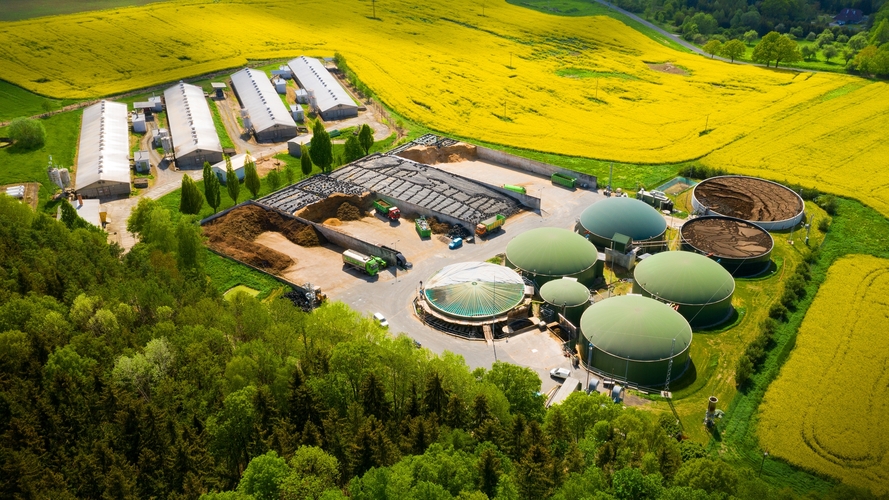Bioenergy and energy crops
Course Description
In an era defined by growing environmental concerns and an urgent demand for sustainable energy solutions, bioenergy stands out as a promising answer at the intersection of renewable energy and agriculture. Bioenergy encompasses a range of energy forms derived from organic materials, predominantly biological resources like plants and biomass, aimed at producing power and heat. A fundamental element in bioenergy production revolves around the cultivation of dedicated energy crops. These crops are intentionally grown for the sole purpose of generating energy in various forms, including electricity, heat, and biofuels. The cultivation of energy crops plays a pivotal role in the bioenergy sector, providing an eco-friendly and economically viable alternative to traditional fossil fuels.
This LU aims to provide a detailed overview of the bioenergy and biofuel crop sector. This is through lessons focused on the different types of usable biomass (crops), transformation processes and the types of fuel that can be obtained. The LU also provides guidance on sustainability and concludes with a review of the pertinent European legislation.
Learning outcomes
Knowledge
After the completion of this LU, the learner will:
- Describe the bioenergy production sector, which raw materials can be used and the processes for processing them.
- Discuss which aspects make bioenergy sustainable.
Skills
After the completion of this LU, the learner will be able to:
- Identify the characteristics that a biomass should have to be used for energy production.
- Distinguish the transformation processes that provide a qualitatively better product based on biomass characteristics.
- Develop a simple agricultural plan for bioenergy production crops.
Competences
After the completion of this LU, the learner will be competent to:
- Participate actively in the bioenergy and energy crops sector.
- Exhibit competence about processes required to transform biomass into fuel or energy directly.
Make choices in this area aware of European regulations in terms of limitations and funding opportunities.



